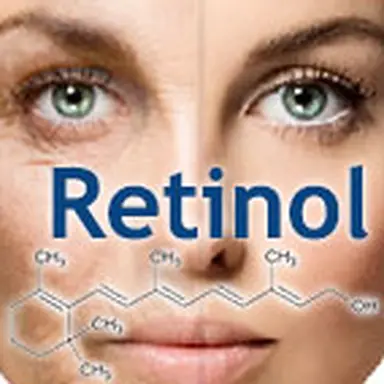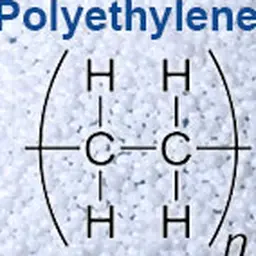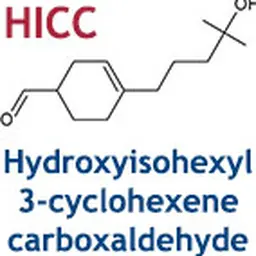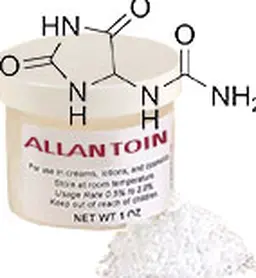
It is one of the most widely used anti-aging actives, and for the longest time. But if the efficacy of retinol (or vitamin A) has never been questioned, its safety of use and skin tolerance are much more doubtful. Cosmetics brands have taken this into account… and so have regulators.
Vitamin A is a liposoluble vitamin (soluble in fats). Its active form, also called retinol and directly usable by the body, can be found in its natural state in the animal kingdom, in particular in fish oil and liver. The plant kingdom only provides precursors of vitamin A (betacarotene or provitamin A).
Proven efficacy
In an article published in 2009 in the journal Annales de Dermatologie et de Vénéréologie, Dr Anny Cohen-Letessier described this molecule’s activity as follows: ‘Retinol reduces the cohesion of the stratum corneum, increases epidermal proliferation, normalizes the keratinization of pilosebaceous units, reduces the number of melanosomes, stimulates the production of collagen, elastin, and fibronectin, increases the glycosaminoglycans (GAGs) level and the number of Langerhans cells, decreases the activity of collagenase and gelatinase (MMPs).’
Scientifically proven, the action of retinol has effects both on the surface of the skin and in the dermis, to fight different signs of skin aging – among others.
On the epidermis, it has an exfoliating effect, removes dead cells, and stimulates cell renewal, to refine skin texture and enhance the complexion’s radiance. Given its antioxidant potential, it also fights against free radicals, these aging factors (in particular those induced by the exposure …













